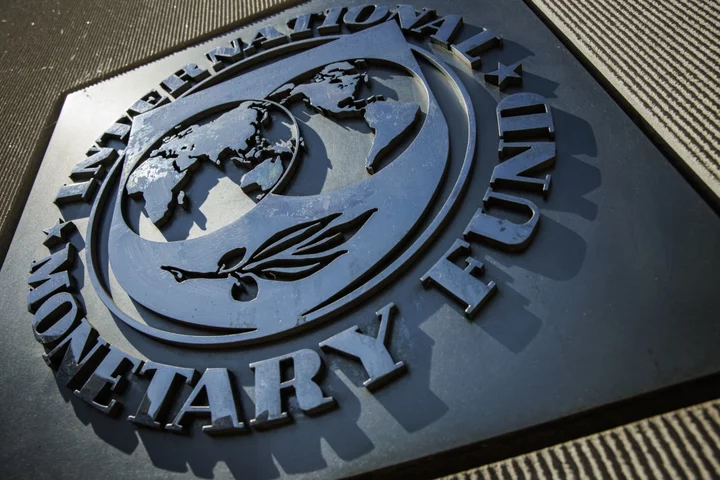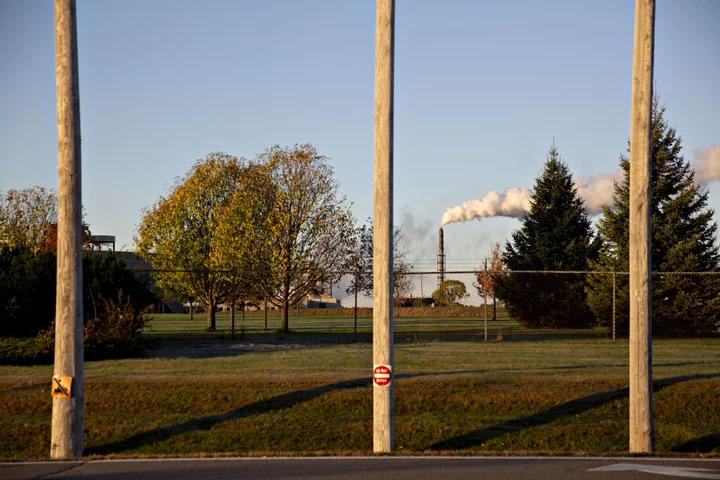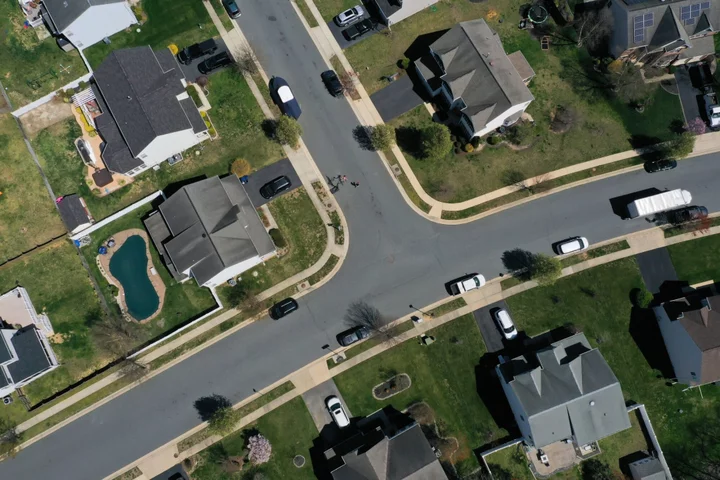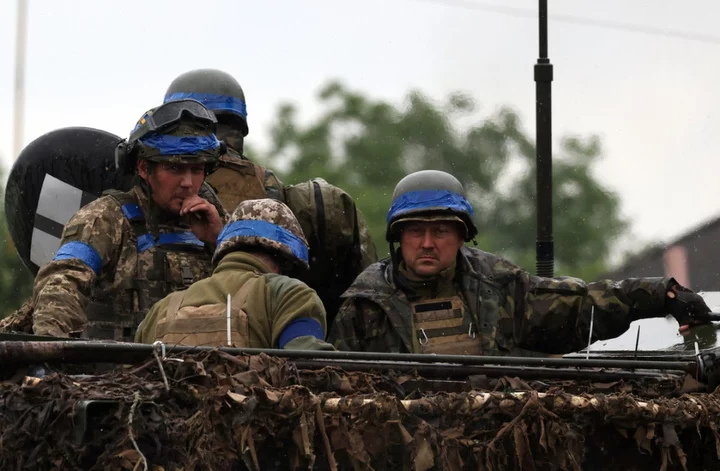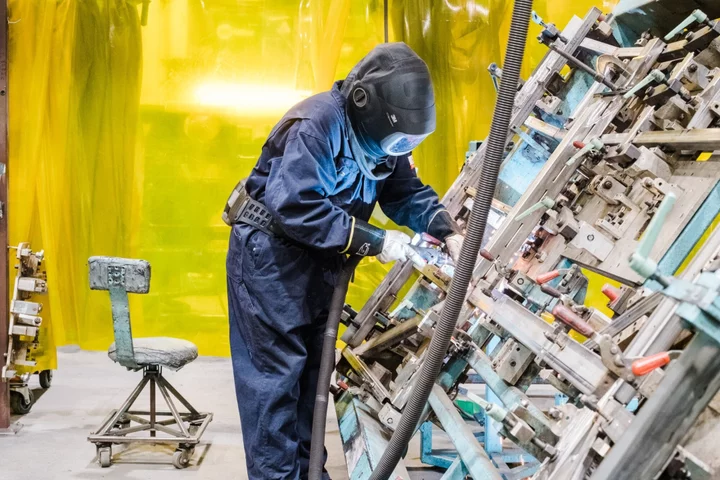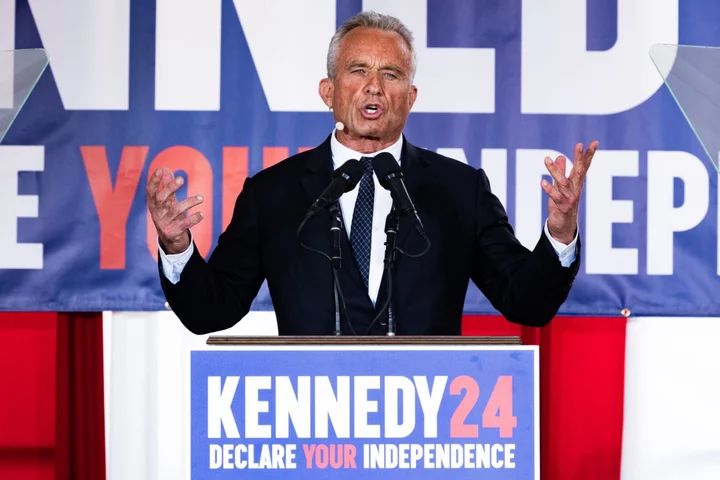The International Monetary Fund will give Argentina as much as $10.8 billion in loans for the rest of the year as part of a refinancing agreement that will help the cash-strapped nation to navigate a turbulent period ahead of presidential elections.
The first payment of $7.5 billion will be made in August, after approval by the IMF’s executive board in the second half of the month, the Fund said Friday in a statement, confirming its staff had reached an agreement with the government of outgoing President Alberto Fernandez.
That means the money won’t be available before a key primary election Argentina holds on Aug. 13, nor in time for the government to repay $2.6 billion it owes the IMF from a previous loan.
The nation will make the payment by tapping its currency swap line with China as well as other sources of financing, according to people familiar with the matter. Argentina’s economy ministry said late Friday that it received authorization for a $1 billion bridge loan from the Caracas-based CAF development bank. Economy Minister Sergio Massa made the financing request on Thursday.
“It’s very good news,” Massa, who’s both negotiating with the IMF and running for president in the October election, said about the IMF deal in a TV interview. “This lets us get through this second half of the year that is obviously marked by the election, which sometimes creates uncertainty or doubts, with a lot more calm.”
Read More: Massa’s Argentina Election Bid Puts IMF Staff in a Bind
The next review is expected to take place in November, the fund added in the statement. While it didn’t say how much money it would release then, two people familiar with the matter said the combined disbursements for August and November would range between $9.4 billion and $10.8 billion.
What Bloomberg Economic Says
“Argentina scored a partial win following protracted negotiations with the International Monetary Fund. It will have early access to the lender’s cash despite failing to meet the conditions for regular disbursements. In exchange, the fund insisted on policy measures the government has departed from in recent months, and imposed a lower, but still challenging target of net reserve accumulation.”
— Adriana Dupita, economist for Argentina and Brazil
Click here to read the full report.
Argentina bonds due 2030 climbed as much as 0.8 cents to around 35 cents on the dollar, their highest in six months. The nation’s parallel exchange rate, known locally as the blue chip swap, slipped 0.3% to around 559 pesos per dollar, while the official exchange rate remained around 274 pesos per dollar.
Among the conditions imposed by the Fund for the agreement are the accumulation of at least $1 billion worth of foreign reserves by the end of the year and no direct monetary financing of Argentina’s primary deficit, which excludes interest payments. The deal also restricts the central bank’s ability to intervene in the foreign exchange market to moments of “disorderly conditions.”
“Although the agreement gives the government some room to maneuver prior to the general elections, meeting the new fiscal and reserve accumulation goals will be very challenging,” Jaime Reusche, a senior analyst at Moody’s Investors Service wrote in emailed comments. “Macroeconomic conditions will continue to deteriorate until the end of the year.”
--With assistance from Scott Squires and Manuela Tobias.
(Updates with CAF bridge loan authorization in fourth paragraph)

